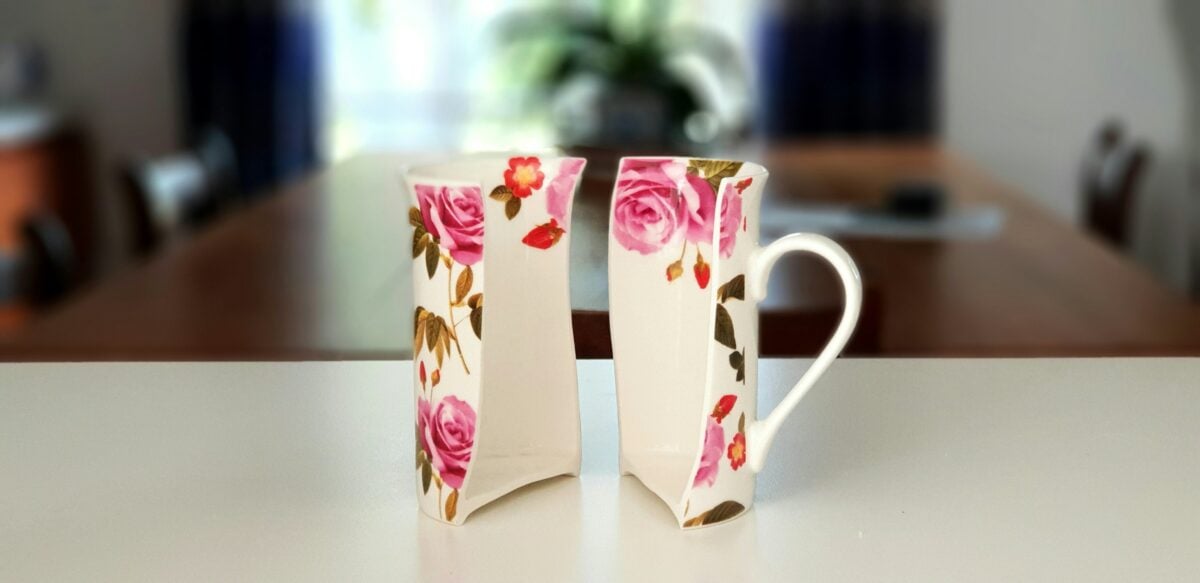In Singapore’s busy property market, owning a second property has become increasingly attractive. However, the Additional Buyer’s Stamp Duty (ABSD) can put a significant financial burden on second and subsequent property purchases. To avoid this obstacle, investors and homeowners are exploring strategic avenues such as decoupling and the 99-1 split.
These strategies provide compelling options for those looking to expand their property portfolios without incurring hefty duties. This guide provides insights into the mechanics, implications, and considerations of these strategies.
Calculate your Stamp Duty total with our very own nifty calculator!
Understanding ABSD in Singapore’s property market
The ABSD is a tax that is levied on buyers who purchase a second or subsequent property in Singapore. The amount of ABSD that one has to pay varies depending on their residency status, and it can significantly increase the cost of investing in or owning a property in the country.
Recently, the ABSD rates for Singaporean citizens have been increased by the government to regulate the property market’s temperature. This tax has a direct impact on investment strategies, which is why potential buyers must have a thorough understanding of its intricacies.
The basics of decoupling
Decoupling in real estate means two people who jointly own a property decide to split ownership. It’s like two friends who buy a toy together, but then one of them decides to give their share to the other, who becomes the sole owner.
In Singapore, when buying a second property, people have to pay an extra tax called the ABSD, which can be a lot of money. Decoupling can help people avoid paying this tax. For example, if a married couple jointly owns a property and decides to decouple it, one of them transfers their share to the other.

The person who now owns the property entirely has to pay the ABSD if they buy another property. However, the person who no longer owns any property can buy a new property without having to pay the ABSD because it’s their first property.
Read more about decoupling: You can ‘lose money’ when decoupling to buy a second property. Here’s why.
Decoupling involves some legal steps and costs, but it can be a smart financial move for people looking to invest in more real estate. It allows one person to buy a new property without paying extra taxes and can be a useful strategy for saving money.
The 99-1 split explained
The 99-1 split strategy is a way for two property owners to change how they share ownership so they can save money on taxes when buying another property. It works by one person owning almost the whole property (99%) and the other person owning only a tiny part (1%).

This strategy is helpful because in Singapore if you buy a second property, you have to pay an extra tax called the ABSD, which can be expensive. But if one person only owns a tiny part (1%) of the property and then gives up that part, they don’t own any part of the property anymore. So, when they buy a new property, it’s considered their first one, not their second, and they don’t have to pay the extra ABSD tax.
This strategy requires some legal steps and costs, and it’s mainly used by people who can manage two separate loans or have enough money to navigate through the process. It’s like a legal loophole that lets people save money on taxes when expanding their property investments.
Financial implications of decoupling
Decoupling refers to the process of transferring ownership of a property share from one party to another. However, this process incurs several costs, including legal fees and Buyer’s Stamp Duty (BSD) on the transferred property share. Moreover, the process involves returning Central Provident Fund (CPF) monies used, along with accrued interest.

Therefore, potential decouplers need to understand the financial implications of the process fully. Through hypothetical scenarios, the potential savings in ABSD can be compared against the costs incurred during decoupling, providing a balanced perspective on its financial viability.
Risks and considerations
Decoupling from joint property ownership is a decision that comes with inherent risks. One such risk is the financial strain that may arise when securing separate mortgages, particularly in a market where interest rates are rising and Total Debt Servicing Ratio (TDSR) requirements are stringent.

Additionally, there is a potential for trust issues and legal complications between co-owners. Therefore, it is crucial to thoroughly deliberate and seek legal counsel before proceeding with decoupling.
Who should consider decoupling?
The process of decoupling is suitable for individuals or families who have significant financial resources and possess the ability to manage the complexities and expenses involved.

This strategy is most appropriate for people in higher income brackets or those who have considerable equity in their current property. It reflects a calculated approach to property investment and ownership in Singapore.
Alternatives to decoupling
There are other ways to acquire a second property that does not require dealing with the complexities of decoupling and the high ABSD costs that come with it.
Although this guide does not delve into them in detail, these alternative strategies offer different options for property ownership that cater to diverse financial capabilities and objectives.
Here are some of the alternatives we can think of:
- Sell your first property: To avoid having your new property classified as an additional property, you can sell your first property. This option is straightforward but requires giving up your first property.
- Buy under a child’s name: If financially feasible, buying a property under a child’s name (who is of legal age and does not own any property) can avoid ABSD for second property purchases. However, this strategy requires careful consideration regarding the child’s financial responsibility and future implications for their property ownership.
Read more: 26-year-old beneficiary wins case against estranged trustee dad who claimed S$4.9m house was bought to avoid ABSD
- Invest in commercial or industrial property: ABSD is typically applied to residential properties, not commercial or industrial properties. Therefore, investing in these types of properties can be an alternative to avoid the additional tax burden.
- Set up a property trust: For those with the means, setting up a property trust can be an alternative. This involves transferring the ownership of the property to a trust where the beneficiaries can be your family members. It’s a complex process involving legal and tax considerations, so professional advice is essential.
- Use a Limited Liability Partnership (LLP): Forming an LLP to hold property can be beneficial in some cases. This structure allows for property ownership among partners without individual ownership, potentially circumventing ABSD on subsequent purchases. However, this comes with its set of legal, financial, and tax implications.
- Gift or transfer of property: Transferring property to a family member as a gift or through other means might be a strategy to reorganize property ownership within a family. However, this might still incur taxes and should be considered with the help of a legal advisor.
Conclusion
Decoupling and the 99-1 split are strategic methods for managing the financial implications of owning multiple properties in Singapore. These methods help navigate the costly waters of ABSD but require careful consideration, informed financial planning, and legal guidance.
As Singapore’s property market continues to evolve, it’s important to stay informed and adaptable in the pursuit of property investment and ownership. This underscores the significance of employing effective strategies.
Disclaimer: This information is intended solely for general informational purposes. 99.co makes no claims or guarantees regarding the accuracy, completeness, or suitability of the information, including, but not limited to, any assertion or assurance regarding its appropriateness for any specific purpose, to the maximum extent allowed by law. Despite all efforts to ensure that the information presented in this article is current, reliable, and comprehensive at the time of publication, it should not be used as the sole basis for making financial, investment, real estate, or legal decisions. Furthermore, this information is not a replacement for professional advice tailored to your unique personal circumstances, and we disclaim any responsibility for decisions made using this information.
The post Guide to buying a second property in Singapore: Learn about the 99-1 strategy and decoupling appeared first on .

